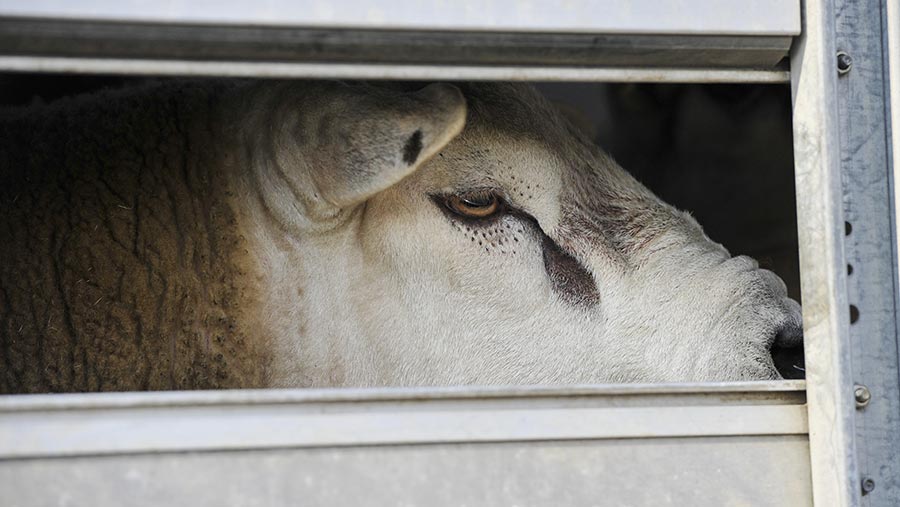Defra calls for views on plan to ban live exports for slaughter
 © Design Pics Inc/REX/Shutterstock
© Design Pics Inc/REX/Shutterstock
The government has called for views on proposals to improve animal welfare in transit which include a ban on live exports for slaughter post Brexit.
In the consultation document launched by Defra secretary Michael Gove, the government says it would prefer animals to be slaughtered close to the point of production.
And it adds a trade in meat and meat products is more desirable than the long-distance transport of animals specifically for slaughter.
The consultation is based on an online survey that outlines a range of areas including transport journey times for sheep, pigs, cattle, poultry, goats and horses.
It also calls for views on the suitability of different transport modes and welfare issues relating to the export such as final destination and purpose.
Launching the consultation, Mr Gove said all animals deserved respect and care at every stage of their lives.
“This call for evidence begins to deliver on our manifesto commitment which aims to control the export of live animals for slaughter once we leave the EU,” Mr Gove said.
“We have some of the highest animal welfare standards in the world which we are strengthening by raising maximum sentences for animal cruelty to five years and introducing mandatory CCTV in abattoirs.
“With all options being considered, I am keen to hear from industry, the devolved authorities and charities on all possible options on this vital issue,” he added.
Defra also announced the consultation would be supported by a Farm Animal Welfare Committee review into the existing welfare standards and further research work carried out by universities and colleges in Scotland.
See also: MPs urged to ban live animal exports for slaughter
The government consultation was welcomed by vets.
British Veterinary Association president John Fishwick said: “We believe that production animals should not be transported long distances to the abattoir but should be slaughtered as near to the point of production as possible.
“Animals should be transported on the hook, as meat, not on the hoof, as live animals,” Mr Fishwick said.
“It is vital that we maintain the UK’s current high standards of animal welfare post-Brexit and seek opportunities to improve them. We look forward to contributing to this call and seeing the results once the evidence has been collected,”
Opposition expected
But some in the livestock sector could use the consultation to contribute strong opposition to an export ban.
Speaking in January this year, the Ulster Farmers’ Union (UFU) said banning live exports would be “completely unworkable” for the farming industry.
The live export of cattle and sheep forms an integral part of the Northern Ireland livestock sector, injecting more than £70m/year into local farm businesses, the union said.
“To prohibit or heavily restrict live exports will badly damage primary production in Northern Ireland,” said UFU president Barclay Bell.
“It will be detrimental to all hopes of having a holistic local livestock sector that can deliver for the economy, environment and rural communities.”
Have your say
The online survey for responses is available on Defra’s website. The consultation document is also available as a PDF. The closing date for response is 22 May.
Enquiries and responses should be emailed to animalwelfare.consultations@defra.gsi.gov.uk or sent by post to the Animal Welfare Team, Area 5B, Nobel House, 17 Smith Square, London SW1P 3JR
